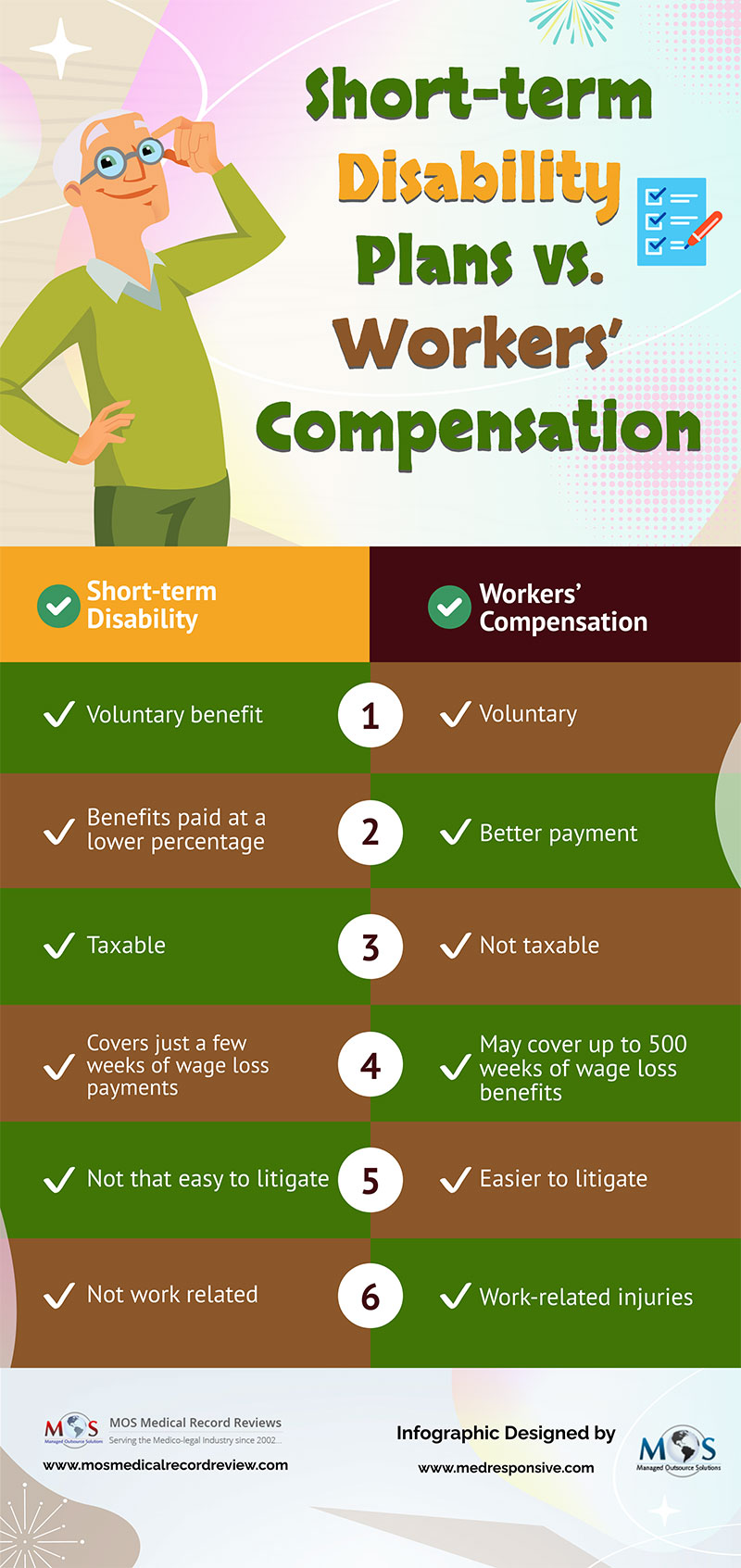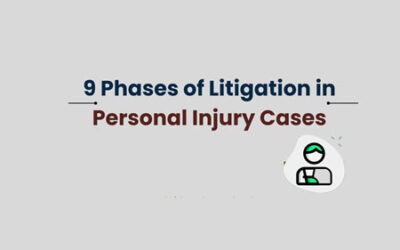Short-term disability signifies employee benefits often offered by employers as a voluntary benefit. These benefits are paid by the disability insurance company that provides coverage under the employer’s employee benefit plan. At the same time, workers’ compensation benefits are available only to employees who are injured or taken ill at the workplace, in a work-related accident or event. When determining eligibility for these benefits, the applicant’s medical records analysis is an important consideration. Short-term disability and workers’ compensation have different application requirements, and the laws relating to these policies are also different. There are more differences.
For both these benefits, medical peer review is vital to determine the actual impairment and the appropriateness of medical treatment and services. Typically, peer reviews are performed for many claim types such as medical necessity, federal external review (PPACA), state external review, experimental/investigational, and fraud waste and abuse/SIU.
Generally, an employee cannot receive both workers’ comp and short-term disability for the same incident at the same time. However, there may be exceptions. Typically, employees can opt for workers’ compensation if the injury or illness is work related. Short-term disability can be considered for illnesses and injuries that are not work related. While handling an injured worker’s claim, attorneys can consider the support of firms providing medical record review for attorneys, to decide the validity of the claim.
Check out the infographic below



![What are the Key Steps in the Discovery Process in a Lawsuit? [Infographic]](https://www.mosmedicalrecordreview.com/wp-content/uploads/2023/10/what-are-key-steps-in-the-discovery-process-in-a-lawsuit-400x250.jpg)
![What Do Medical Record Review Experts Assess in an Elder Abuse Case? [Infographic]](https://www.mosmedicalrecordreview.com/wp-content/uploads/2023/09/what-do-medical-record-review-experts-assess-in-elder-abuse-case-400x250.jpg)